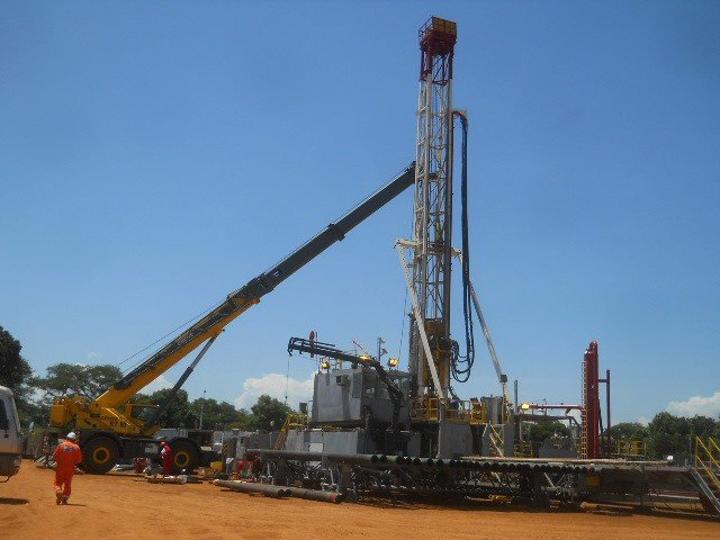Africa-Press – Uganda. Authorities are hoping that the Bill will presented to Parliament for debate in the coming weeks and passed by end of the month.
Cabinet on Monday approved the East African Crude Oil Pipeline (EACOP) Special Provisions Bill that provides for, among others, Ugandans to be granted priority for the use of labour and local resources.
Foreign resources can only be used if the skills set and raw materials are not available in the local market during construction of the proposed oil pipeline.
The Bill also crystalises other provisions such as insurance, government authorisation, including issuance of permits required for the various activities, tariff and how it will be paid, the Uganda National Oil Company (Unoc)’s obligation in the project, among others.
The provisions are spread out in the tightly guarded Shareholders Agreement, Tariff and Transportation Agreement, and the Host Government (HGA) signed between Uganda and the oil companies—French oil giant TotEnergies and China’s Cnooc—for development of the pipeline earlier on April 11, at State House.
Ms Irene Batebe, the Energy ministry permanent secretary, told Daily Monitor yesterday that they were hoping the Bill is presented to Parliament for debate in the coming weeks and passed by end of the month.
“You know we are working with our partners (oil companies) and we have some timelines. So our hope and prayer is that it can be passed this month,” she said.
Ms Batebe described the EACOP Bill as a “bridge” with the existing midstream (pipeline, refinery) legislations including the Petroleum (Refining, Conversion, Transmission and Midstream Storage) Act and the Petroleum (Exploration, Development and Production) Act, passed earlier in 2013. The two laws were born out of the 2008 National Oil and Gas Policy, the first guiding code for Uganda’s nascent petroleum sector.
Ms Batebe said they were working round the clock with the Ministry of Justice and Constitutional Affairs to gazette the Bill—the enabling law for development of the pipeline—and soon enough present it to parliament.
Enactment of the Bill is one of the undertakings under Inter-Government Agreement signed by Uganda and Tanzania in 2017.
The capital expenditure for the 1,443km duct from Hoima to the Indian Ocean Port of Tanga, is estimated at $3.55b (Shs13 trillion), 70 percent of which will be raised from international lenders. Recent reports hinted that capital expenditure had shot to $5b.
The Ugandan section of the pipeline is about 296km through 10 districts, 25 sub-counties, 172 villages, and affecting at least 4,121 persons
Construction of the pipeline, EACOP Company officials say, is expected to commence in the second quarter of 2022 in Tanzania where acquisition of land for project right of way is fast moving.
The EACOP holding company owners include Unoc with 15 percent, Total Holdings International B.V. with 62 percent, and Tanzania through its national oil company, TPDC, with 15 percent, and China’s Cnooc with eight percent.
Mr Martin Tiffen, the EACOP general manager told this newspaper they expect the company to start operations as independent entity, to take over all pipeline related activities from TotalEnergies EP, this month.
Ms Batebe said the EACOP addresses in concrete manner aspects such as participation of Ugandans—better known as local content— in specificity to the pipeline.
Policy wonks at ministry of Energy are also upbeat that construction of the pipeline and development of oil fields in Buliisa, Hoima, Nwoya, and Kikuube districts will create between 100,000 and 150,000 direct and indirect jobs over the coming years as posited by a 2014 baseline survey titled “A survey to foster opportunities for Ugandans in the Oil and Gas sector.
Hopeful
Tenders
Ugandans, who struggled to cash-in on oil tenders during the previous exploration and appraisal phases during which some $3.2b (Shs11 trillion) was invested in the country but raked in roughly $900 million (Shs3b), are poised to benefit from some 25 areas including hotel and catering, transport and logistics, security, civil works, human resource management, survey, camp management, and provision of labour, which have been ring-fenced for only locals.






